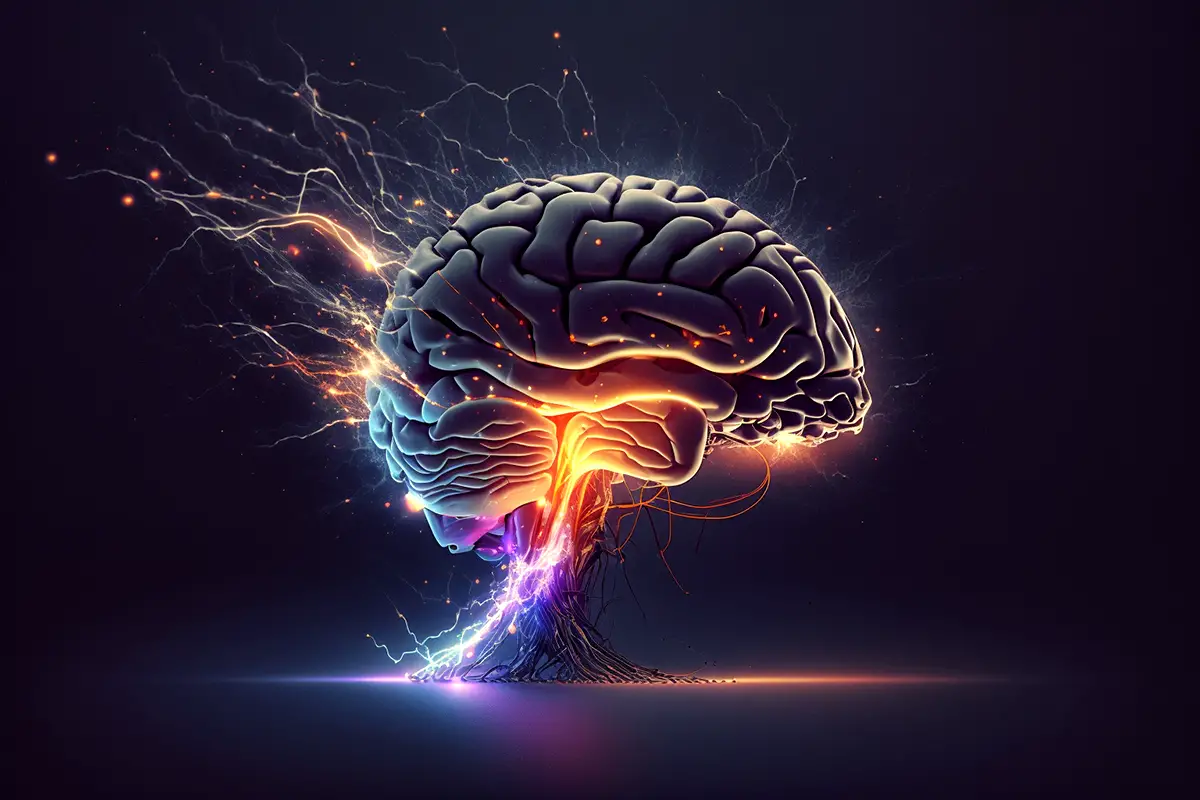The concept of mental health is a multifaceted construct that has garnered increasing attention in our contemporary society. Within the realm of Bahá’í teachings, the notion of the mind and its struggles is intricately linked to the holistic development of the individual. The Bahá’í Faith provides profound insights into the interplay between the spiritual and material aspects of human existence, emphasizing that true well-being transcends mere psychological stability and encompasses the cultivation of the soul. This article elucidates the Bahá’í perspective on mental health, exploring its definitions, the significance of the mind struggle, and the methods for achieving equilibrium.
Understanding Mental Health through Bahá’í Teachings
Mental health, as understood through a Bahá’í lens, is not merely the absence of mental illness but a dynamic state of well-being wherein the individual attains a harmonious balance between thoughts, emotions, and actions. The teachings advocate for the recognition of the mind’s pivotal role in shaping human behavior and interactions. In this context, mental health encompasses emotional resilience, understanding of one’s thoughts, and the capacity for self-reflection.
Bahá’í writings elucidate that the mind is a powerful instrument that can be either a means of liberation or a source of bondage, depending on how it is harnessed. The struggle over the mind—referred to as the “mind struggle”—is an intrinsic part of the human experience, necessitating conscious effort and moral fortitude to navigate effectively.
The Nature of the Mind Struggle
The mind struggle represents the internal conflicts that arise from competing desires, beliefs, and emotions. Bahá’í principles emphasize that this struggle is universal and an essential aspect of spiritual development. Through engaging with one’s thoughts and emotions, individuals embrace self-discovery and personal growth. This exploration often involves confronting ingrained perceptions and misguided beliefs that have the potential to hinder progress.
Moreover, the mind struggle is a vehicle for individuals to exercise their free will. The Bahá’í Faith posits that humanity cannot attain spiritual maturity without confronting the challenges that arise from within. By actively participating in this struggle, one aligns with the divine purpose, thus enhancing their ability to contribute positively to society.
Types of Mental Health Challenges
While the Bahá’í teachings endorse a positive outlook on mental health, they also acknowledge the various challenges faced by individuals. Some prevalent mental health challenges include:
- Anxiety Disorders: These can manifest as generalized anxiety, panic disorders, or social anxiety. The Bahá’í approach emphasizes prayer, reflection, and the fostering of community support as means to combat these anxieties.
- Depressive Disorders: Feelings of despondency can afflict anyone. In the face of such struggles, imparted through teachings, the importance of maintaining hope and connection with others is highlighted.
- Obsessive-Compulsive Disorders: The compulsive thoughts and behaviors associated with this category challenge individuals’ ability to live freely. Bahá’í principles propose that remedy lies not only in mental health practices but also in spiritual attunement.
- Post-Traumatic Stress Disorder (PTSD): Healing from trauma is a central theme within spiritual discourse. The Bahá’í teachings advocate for compassionate support systems that help soothe the spiritual and emotional wounds stemming from traumatic experiences.
Strategies for Mental Well-Being
The Bahá’í approach to achieving mental health emphasizes integration of spiritual and practical methods. Among these strategies are:
- Prayer and Meditation: Engaging in regular spiritual practices such as prayer and meditation can foster inner peace, enhance emotional regulation, and promote self-awareness. These practices serve as a foundation for personal resilience.
- Community Engagement: The reciprocal nature of community support is integral to mental health. Fostering connections with others can mitigate feelings of isolation and reinforce a sense of belonging.
- Education and Awareness: Understanding mental health issues through an educational lens can reduce stigma and promote compassion. Knowledge empowers individuals to address their struggles and support others in their journeys.
- Consultation with Professionals: While spirituality plays a critical role, it is equally important to engage with mental health professionals when necessary. The synthesis of spiritual and clinical interventions can be profoundly beneficial.
The Role of Spirituality in Mental Health
Cultivating a connection to the divine is pivotal within the Bahá’í teachings, as it fosters a deeper understanding of one’s place in the universe. Spiritual awareness can act as a balancer during tumultuous times, providing a sense of purpose and direction. This spiritual grounding anchors individuals amid the vicissitudes of life.
Furthermore, the Bahá’í Faith underscores the concept of service to humanity as a catalyst for mental health. Engaging in acts of kindness not only uplifts others but also engenders a profound sense of fulfillment and satisfaction. This intrinsic link between service and spirituality is essential in navigating life’s challenges.
Conclusion
In conclusion, the Bahá’í teachings on mental health and the mind struggle present a comprehensive framework for understanding and enhancing well-being. Through the fusion of spiritual principles and practical strategies, individuals can navigate their internal conflicts while fostering resilience and growth. Embracing the mind struggle as a transformative journey not only enriches the individual experience but also contributes to a collective advancement of society. Ultimately, by prioritizing mental health within the Baha’i framework, we align ourselves with a higher purpose that transcends the boundaries of personal well-being to embrace a broader humanitarian ethos.
